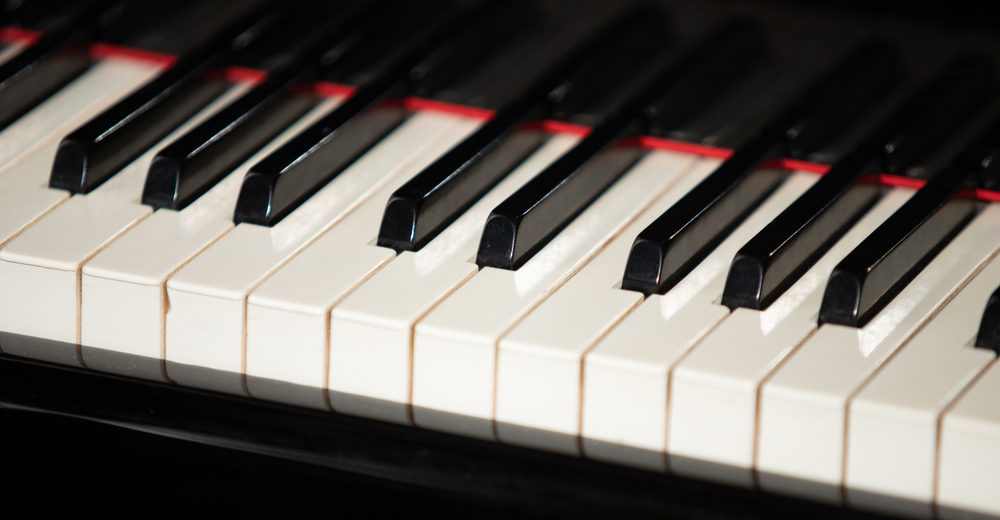From profession to vocation ...
... but the educational structures for "lifelong learning" are often not (yet) right.
Studying at an advanced age is often only possible if it can be individually adapted to the family and professional situation and no age guillotine mercilessly strikes.
The following interviews show that professional studies in midlife fall on very fertile ground thanks to a mature philosophy of life, life experience and expectations.
The "lifelong learning" megatrend is probably the most obvious consequence of the fact that we are getting older in a healthier way and can use our free time not primarily for recreation, but for pleasure, travel or further education. It is therefore not surprising that many people still want to change careers at the age of 30, 40 or even 50 and turn their vocation into a career.
The specific cases of Isabelle Schmied (42) and Dr. Andrea Schmidinger (51), who is now a practising specialist in neurosurgery, show that professional studies are also possible at an advanced age. Both decided to complete a Bachelor of Arts in Music at Kalaidos because they can tailor their studies to their personal circumstances here more than at other universities.
Michael Bühler talked to them.
What made you decide to go back to school and study music?
Isabelle Schmied: Even though my love of music has accompanied me since early childhood, I only discovered classical singing at the age of 21. The desire to study singing lay dormant in me for a long time, but it was only when I found my teacher in my early 30s, who finally taught me the right technique for free and natural singing, that I decided to make this long-cherished dream come true. Another ten years had to pass before life circumstances
had fitted.
Andrea Schmidinger: I always wanted to study the violin, but then decided to go into medicine. After my studies, specialist training and family challenges, I have been taking time for professional lessons for a few years now. Last year, I had the opportunity to perform Wieniawski's 2nd Violin Concerto as a soloist with the amateur orchestra I play in. In this context, I realized that now was the right time to study music.
What requirements had to be met for you to be able to combine your studies with your job or your private situation?
IS: For me, flexibility in terms of location and time was key in order to reconcile my various commitments as director of 3 choirs, my simultaneous training as a yodel choir conductor and my part-time employment with the Swiss Choral Association. The opportunity to complete part of my studies with online lessons is therefore very important to me.
AS: The most important thing for me is, on the one hand, being able to design the course in modules; on the other hand, very good time management is certainly important, a room where you can practise at any time and, last but not least, a very tolerant partner.
How did your private environment react to your decision?
IS: Without exception, my family and friends were delighted with my decision, as they know that I will be able to fulfill a long-cherished dream.
AS: The feedback from my closest family and friends was consistently supportive and positive.
Is your decision to enter a high-performance profession taken seriously or ridiculed by other musicians?
IS: So far, I've actually only received positive feedback. And what others think about my decision plays a subordinate role for me, because I know how to assess my career opportunities and have realistic expectations.
AS: The musicians I'm friends with think it's good in principle, even if they don't quite understand it because I already have a great job.






